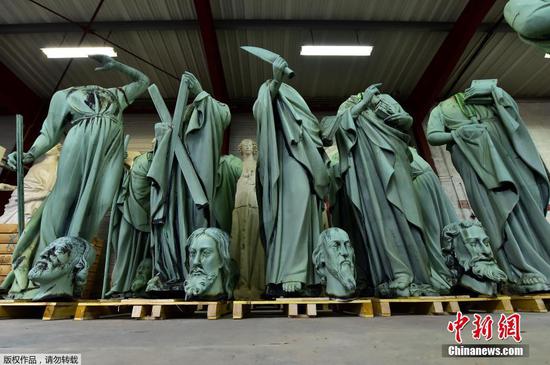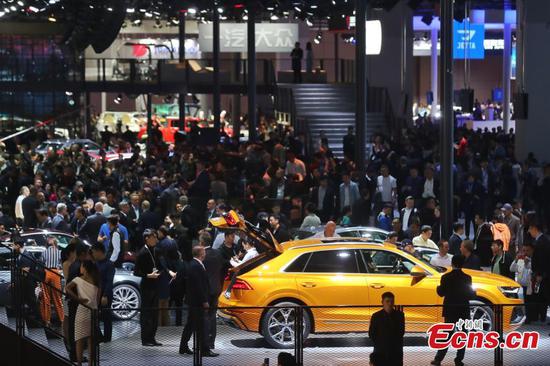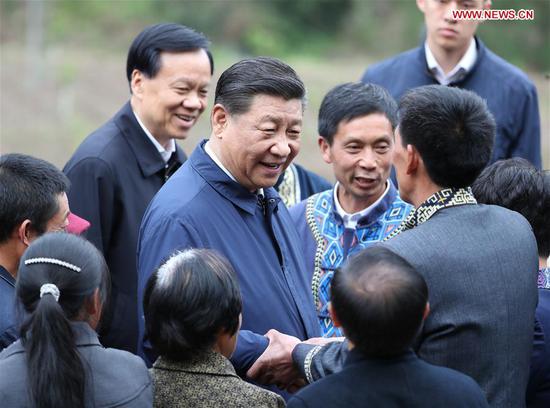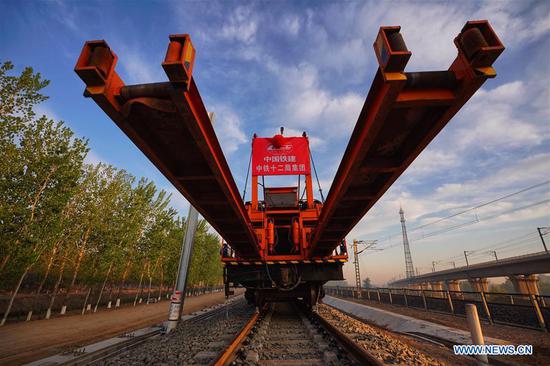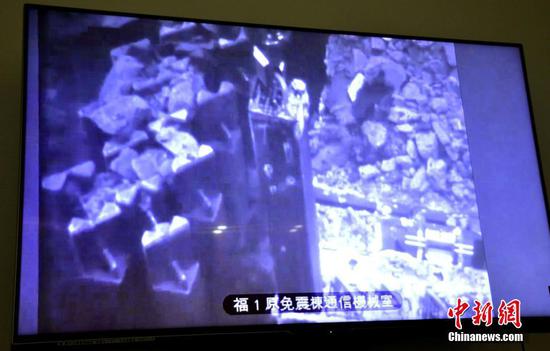Over the past few days, a scandal involving an apparently defective Mercedes-Benz car that sparked widespread anger in China has finally come to a solution, with the consumer who bought an oil-leaking car reportedly reaching a settlement with the local dealership.
Starting as something that is so trivial that it probably happens every day around the world, the episode has turned into a movement for consumers' rights.
As it is a great lesson for domestic regulations to improve protection of consumers' rights, this should also sound the alarm for all foreign companies operating in China. As China continues to offer greater access and better protection for them, they in return also need to offer better products and better services and are not immune to Chinese laws and regulations.
The scandal started last week after a short video clip of a woman in tears seated on the hood of a red Mercedes-Benz sedan and complaining about her unpleasant experience went viral.
The woman, identified by media only as Ms. Liu, claimed that the car leaked oil even before she drove it out of the dealership in Xi'an, Northwest China's Shaanxi Province and days of conversations with the dealership and complaints to local market regulators led to nowhere.
Liu reportedly demanded a refund or exchange for a new car, but the shop only offered to replace the engine.
Understandably frustrated and desperate, Liu took to social media with the video to appeal for wider attention. That's what she got. Internet users, many claiming to have shared similar experiences, expressed sympathy and support. Mainstream media outlets, including the People's Daily, also weighed in, calling the incident a typical case of big corporations bullying individual consumers and demanding regulators enforce the law strictly.
Growing public pressure also led local and central government officials to launch investigations into the incident and vow widespread crackdowns on wrongdoings in the industry, including illegally collecting extra fees.
On Wednesday, it was reported that the parties had reached a settlement, but official probes are continuing and the public outcry continued as many other consumers demanded a refund for what they say unreasonable fees they paid while purchasing cars.
As simple as this incident may seem to be, it reflects a significant change in the country where consumers are increasingly aware of their rights and willing to fight for them through legal means.
It is hoped such a momentum could bring about meaningful changes to ensure better protection for consumer rights. And foreign companies, which have become a huge part of the Chinese society, must also do its part in this process.
To start, companies must understand that, regardless of their size and country of origin, they are subject to Chinese laws and regulations. Despite China's efforts to expand access and improve protection for them, through means like legislation, they will not get any special treatment.
That should go without saying, but there have been plenty of incidents where some foreign companies appeared to have taken Chinese laws for granted or failed to listen to Chinese consumers.
Take Mercedes-Benz for example, although in this case it is the dealership that started the whole thing, the German carmaker has had a few blunders, including quoting the Dalai Lama, who is rejected in China as a separatist, in a post last year.
In 2016, an executive with Daimler, Mercedes-Benz's parent company, was removed after making racist comments about Chinese people.
Other companies, including Italian fashion brand Dolce & Gabbana and US restaurant chain Burger King, have also come under fire in China for racially insensitive comments. Companies have also used incorrect maps and descriptions that infringed upon Chinese territorial integrity.
A common theme behind these incidents is that the companies failed to understand Chinese laws and regulations, Chinese culture and consumers. That need to change or they will face tougher scrutiny ahead not just from regulators but mostly from the Chinese public.

















